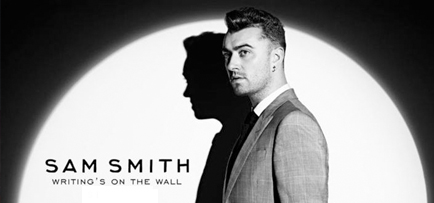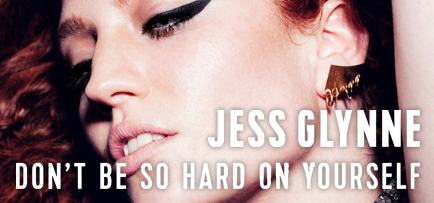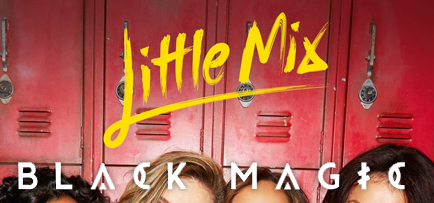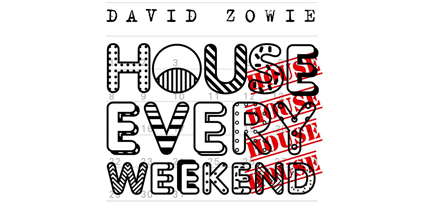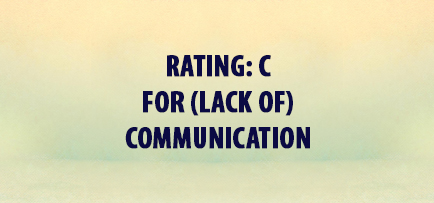With Rockabye covered, we’ve finally got to the end of 2016. At last, we can finally chuck the year away and leave it to fester in it’s well deserved pit. But first, time to cross some t’s and dot some i’s with the mandatory Best-Of and Worst-Of lists (posted only a quarter of the way into the year that came after it). First up is the worst list, purely because more people always prefer to read the negative stuff:
Special Mentions
‘Dancing on My Own’ – Calum Scott

This would’ve been No. 1 on this list had it reached No. 1 in the charts: a detestable track done by an unpleasant stalker pretending to be deep and sensitive. As I’ve already said: this song wants you ‘to deeply sympathise with a potential criminal as he does the stupidest thing he could possibly do in his situation, trying to morph a self-defeating stalker into some form of tragic hero‘. As I’ve also said: ‘Fuck it‘.
The List Itself
#5: ‘Say You Won’t Let Go’ – James Arthur

This song isn’t bad. In fact, I think it’s fine. It knows what it wants to do and it does it in a way that isn’t actively unpleasant. It is boring though. It takes every trope that every dull male artist used this year and proceeds to do nothing with them. Nothing. And unfortunately for it, there were only 11 UK No 1’s during 2016, meaning that the lower end of this list was always going to feature things I didn’t care for as opposed to things I actively hated. The No. 5 spot eventually became a choice between this song and Justin Bieber’s Love Yourself; Love Yourself does more interesting things so this got the chop. Sometimes ‘fine’ doesn’t cut it.
—
#4: ‘Pillow Talk’ – ZAYN
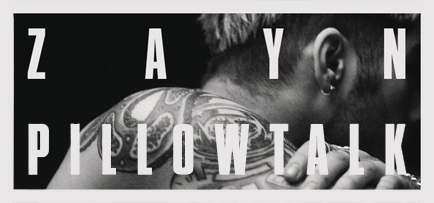
Again, I don’t hate this song. I am disappointed by it though. It was the first single from a departing One Direction member, promising a new direction for Zayn as an icon and a new type of music primed to shake up the charts. It delivered on neither of those promises. The end result is something which wanted ‘to feel like a reinvention of the wheel‘ but was ‘little more than a wheel with the word “WHEEL” written on it‘. The world does not need a post-One-Direction Zayn and it didn’t need this.
—
#3: ‘One Dance’ – Drake feat. Wizkid & Kyla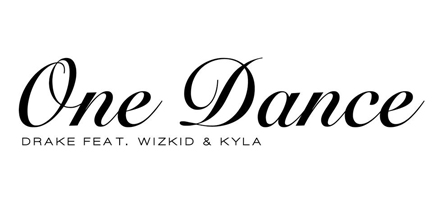
I don’t get Drake and I particularly don’t get this. It’s a miserable, confused, unsatisfying piece which apparently counts as a romantic club hit. I mean seriously, how are people enjoying this? That said, this got it’s position not due to it’s internal qualities but due to its effects on the industry as a whole. Firstly, it was No. 1 for 15 weeks. 15 weeks! Given how dull and contentless this track was, that constituted a complete pausing of the entire record industry for the whole spring. And because it was a massively successful record produced by one of the biggest names in pop, it was immediately followed by a lot of copycats. The result was the second half of 2016: a bloated, unmoving monolith of musicless tracks mumbled by an endless series of uncaring hacks. This song ruined pop music in 2016; culturally, it’s the worst thing Drake has done since “YOLO”.
—
#2: ‘7 Years’ – Lukas Graham

My review of this song is a 3,000 word monolith of me trying to figure out if I like it or not. As time has gone on though, I’ve been able to come down on a firm opinion on it: it’s crap. I can appreciate it for it’s scale and grandiosity; what I can’t appreciate is how malformed the syntax is, how messy the lyrics are, and, most fatally, how awfully self-important it is. Even worse than this is Lukas Graham himself whose sense of ego wafts off him like BO from a well-worn gym sock, particularly given that he doesn’t have the writing chops to justify it. This song needs to get over itself, much like Lukas himself.
—
#1: ‘Stitches’ – Shawn Mendes

The vapid whining of a nasal hack. Fuck it.
So that’s the shit dealt with, now onto the good stuff. Next time: the top 5 UK No. 1’s of 2016…
